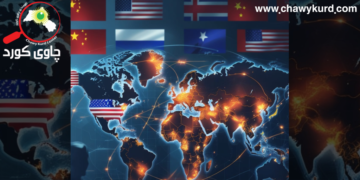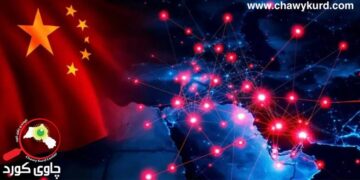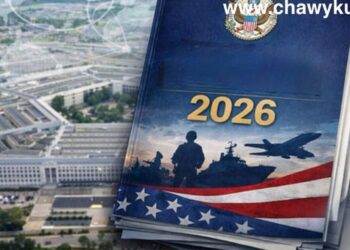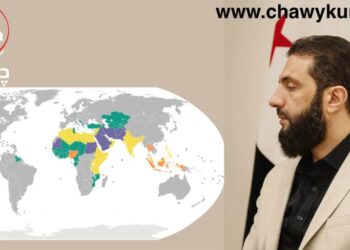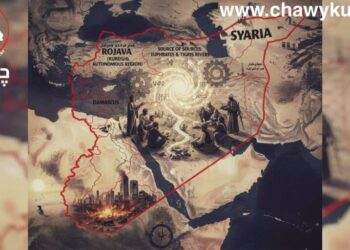A comparison of different contemporary Islamic social movements shows that they are Janus-faced. That is, on the one hand they are modern and socially and politically “progressive” and express yearnings for democracy and economic development; on the other hand they are conservative and “authoritarian,” calling for a strict moral-religious code in society.
Consequently, tension is an inherent characteristic of most Islamic social movements. Ironically, this tension between “progressive” and “authoritarian” aspects of religious movements is the source of religious innovation. Unfortunately, many scholars of Islam fail to see the complex nature of modern Islamic social movements and seek to explain them according to textual (essentialist) or economic reductionist (contextualist) readings of Islam. This book challenges such interpretations, arguing instead that, by embracing certain opportunity spaces within the public sphere, Islamic movements could become a motivating force for economic expansion, democratization, and the popular acceptance of many aspects of modernity.
I believe that a third approach, that of the constructivists, offers a sounder and more nuanced theoretical framework to analyze the formation of Islamic political identity in contemporary Islamic movements. Thus I use the constructivist approach to differentiate opportunity spaces from the political opportunity structure and then examine the way Muslims have utilized these spaces to make demands for political, social, and economic inclusion, in addition to justice. Specially, by reexamining the interplay between the governmental policies of Turkey and societal resistance, I have been able to introduce a new typology of Islamic social movements based on the expansion and shrinking of opportunity spaces.
Approaches to the Study of Political Islam
There are three main theoretical currents in the study of religion and politics: essentialist, conceptualist, and constructivist.1 Interactions between these three approaches have been multifarious and by no means always contextual. By setting up these categories, I am aware that I slight subtle distinctions and simplify profound analyses of particular cases. However, in order to organize the vast body of social science literature on this subject, it is useful to demarcate these three broad conceptual categories.
Essentialism: The “Text” and Political Developments
Essentialism seeks to reduce the diverse spectrum of human relations to a few “essential” causes and to identify certain defining traits and texts as keys to understanding a particular religious or cultural community.2 This tendency, which can be seen in the textualism of Bernard Lewis, played a dominant role in the formation of modernization theory and the “cluster of absences” long noted by development specialists. Tradition and modernity were counterpoised, and it was axiomatic for modernization theorists to view tradition as the main culprit standing in the way of “progress.” The focus on the textual sources of Islamic revivalism in much of contemporary scholarship implies that Muslims do not reimagine and rearticulate what it means to be a Muslim in rapidly developing societies but only act on fixed Islamic principles. Lewis, for example, argues that Islam is a fixed and enduring tradition and cultural system.3 Bassam Tibi’s book Islam and the Cultural Accommodation of Social Changeis another example of this tendency to fix a purported Islamic essence; Tibi argues that “Islam” is a set of fixed texts, doctrines, and practices by which a Muslim sense of self is determined.4 Religious discourse, for Tibi, seemingly is produced in a vacuum, hermetically sealed from changing contexts and interpretations. In the end, he creates a model of a homo Islamicus who is ahistorical and similar to a fundamentalist caricature of “true” Islam. The essentialists attribute agency to Islam as an institution and as a set of fixed doctrines but negate the interactive agency of Muslims themselves. Tibi, for example, concludes that political Islam “provides no innovative prospects for the future but is solely a vision of the future as a restoration of the past. . . . Political Islam may therefore—with some restrictions—be interpreted as a backward-oriented utopia.”5 Lewis, like Tibi, has tended to assume that “Islam rather than any other element is the ultimate basis of identity, of loyalty, of authority.”6 Islamic identity is viewed as being a primordial, essentially political, all-encompassing, and determining force.7 Similarly, Emmanuel Sivan claims that “Islamic revival—while activist and militant—is thus essentially defensive; a sort of holding operation against modernity.” Sivan sees the problem in the antimodern nature of Islam and concludes that Islamic groups are “all united by intense hatred of the ‘evil of evils,’ modernity. Modernity is inherently alien to Islam.”
Lewis, Tibi, and Sivan have exaggerated the impact of Islamic doctrine on the conduct of individuals and on the patterns of institutions in society as a whole. In addition to their problematic approach to the issue of agency, they tend to argue that there is a fixed political language and idiom in Islam that guides Muslim conduct in the public sphere. Thus essentialist scholars have treated diverse and competing Islamic movements as homogenous ideological movements that primarily are influenced by the Qur’an and the writings of certain individuals such as Abu’l al-Ala Mawdudi (1903–1979), Sayyid Qutb (1906–1964), Hasan al-Banna (1906–1949), and Muhammad Husayn Fadlallah (1935–).10 This approach maintains that all contemporary Islamic social and political movements are motivated and guided by an Islamic worldview. One aim of this book is to show that the diversity of Muslim beliefs and practices is not compatible with an analysis that regards a monolithic, consistent, and unchanging “Islam” as the foundation of all social and political movements that call themselves Islamic.
Furthermore, by employing an ethnocentric and teleological definition of modernity, such scholars essentially are claiming that Muslim societies are inherently traditional and unable to modernize. In fact, some scholars of modernization have attributed the failure of democratization and capitalism in Muslim societies to a certain “cluster of absences, a missing middle class, the missing city, the absence of political rights.”11 Daniel P. Lerner, for example, argued that Islam was a traditional ideology, reacting to the processes of modernization, and that in the case of Turkey it forced the country to choose between “Mecca and mechanization.”12 Turkish scholars, no doubt influenced by the affinities of this approach with the Kemalist state ideology of Comtean positivism, have internalized Lerner’s framework in their studies of political development in their own country.13 They, as well as a number of Western scholars, have tended to treat the Islamic movement as a reactionary force fighting a vain rearguard action against the processes of Westernization and secularization. These theories tend to explain human conduct in terms of simplistic dichotomies, modern and traditional, while ignoring the causal mechanisms that influence the evolution of Islamic movements, economic expansion, popular imagination, and social change.
Modernization theory dominated the social science research on Turkey, and explicit assumptions about old versus new, tradition versus modernity, religion versus secularism, the inexorable march toward Westernization, and sociopolitical reactions being religious fanaticism informed these studies. They presented the establishment of the Republican regime as the inevitable “emergence of modern Turkey” and depicted its founding Kemalist ideology as the fulfillment of destiny for the modernizing forces. This teleological, state-centric, and structuralist reading of the Turkish polity and society ignored the destruction of the Anatolian mosaic of Armenians, Assyrians, Greeks, Kurds, and other ethnic and religious groups. Tar1k Z. Tunaya, Niyazi Berkes, and Bernard Lewis set the framework of Turkish studies in terms of “discovering” Turkish nationalism as a primordial identity that was awakened by Mustafa Kemal through his policies of progressive secularism that cleansed this identity of its Islamic-Ottoman layers. These writers all focused on the history of ideas and treated the state as a positive agent to put “modernity” into practice. Their understanding of the state as a progressive force informed their analyses of societal reactions, which they treated as “Muslim fanaticism.” In addition, their works ignored the deep ethnic and religious cleavages in Turkish society and the state violence periodically employed to suppress identity claims. Only the new generation of scholars has oVered a more nuanced reading of the state-society relations (Nilüfer Göle, Re7at Kasaba, 6erif Mardin, Robert Olson, and Martin van Bruinessen).15 We need a more nuanced and theoretically sophisticated understanding of the processes by which religious and ethnic identities become politicized in response to economic and political problems in modern societies such as that of contemporary Turkey.













